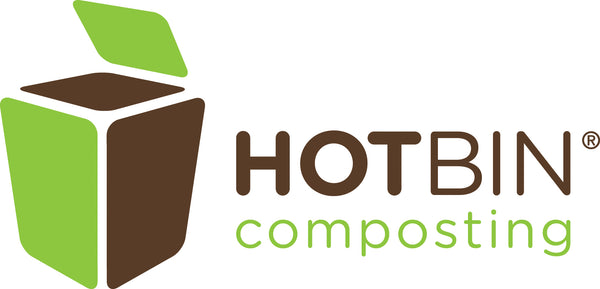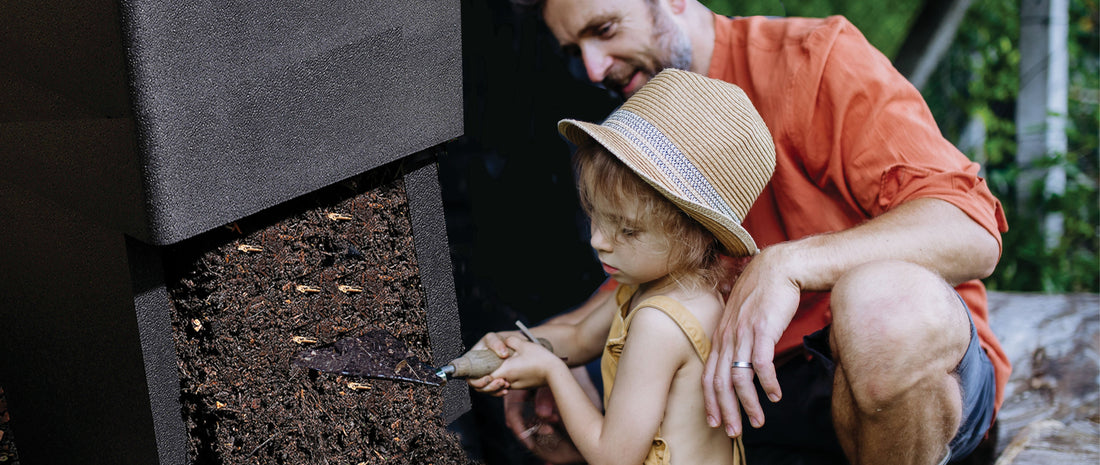In an era where environmental concerns are more pressing than ever, instilling sustainable habits in our children and grandchildren has never been more crucial. One simple yet powerful way to teach responsibility, stewardship, and respect for nature is through composting at home. By turning food scraps and yard waste into nutrient-rich soil, we not only reduce waste but also help foster a deep connection between younger generations and the environment.
Building a Sustainable Mindset
Children learn best through hands-on experiences. Composting teaches them that waste isn’t just something to be thrown away—it can be transformed into something valuable. This simple act demonstrates the principles of sustainability, helping kids understand the impact of their daily choices on the planet.
Encouraging Responsibility and Patience
Composting is a process that requires regular attention and care. By involving children in this activity, they learn responsibility through tasks such as collecting kitchen scraps, adding waste to the compost pile, and observing how materials break down over time. It also teaches patience, as the transformation doesn’t happen overnight—it’s a gradual process that rewards dedication and effort.
Reducing Household Waste
According to the EPA, food waste makes up a significant portion of household garbage, much of which ends up in landfills, producing methane gas and contributing to climate change. Teaching kids to compost helps them see firsthand how much waste can be diverted from the trash and repurposed into something beneficial.
Connecting with Nature
Kids today often spend more time indoors than previous generations. Composting encourages them to engage with nature, get their hands in the soil, and observe life cycles up close. This connection fosters a sense of appreciation for the environment and an understanding of how natural processes work.
Teaching Science in a Fun Way
Composting is a fantastic way to introduce children to basic science concepts. They can learn about decomposition, microorganisms, carbon and nitrogen cycles, and the importance of biodiversity. Watching food scraps break down and turn into soil provides a tangible lesson on biology and chemistry in a way that is engaging and memorable.
Growing Healthier Plants and Food
Compost-enriched soil leads to healthier gardens, and involving children in both composting and gardening creates a full-circle experience. They see how food waste turns into soil, which then nourishes plants that produce more food. This reinforces the importance of healthy eating and sustainable food systems.
Creating Future Eco-Conscious Citizens
The habits and values we teach our children today will shape the choices they make as adults. By involving them in composting, we are not just teaching them about waste reduction—we are instilling a mindset that values sustainability, conservation, and responsibility for the planet.
How to Get Started
- Set up a composting bin: Whether indoors with a small container or outdoors with a compost pile, make it an accessible and fun experience.
- Make it a family activity: Assign different tasks and celebrate milestones, like the first batch of compost ready to use.
- Teach children what can and cannot be composted to ensure they understand the process.
- Show them the results: Use the compost in a garden and let them see the benefits firsthand.
Teaching children and grandchildren the value of composting at home is an investment in their future and the future of our planet. By cultivating eco-friendly habits early on, we empower the next generation to become responsible, environmentally-conscious individuals who will continue to make a positive impact on the world.
Haven't start composting yet? View our line of Easy & Efficient HOTBIN Composters on this website and start composting today!

